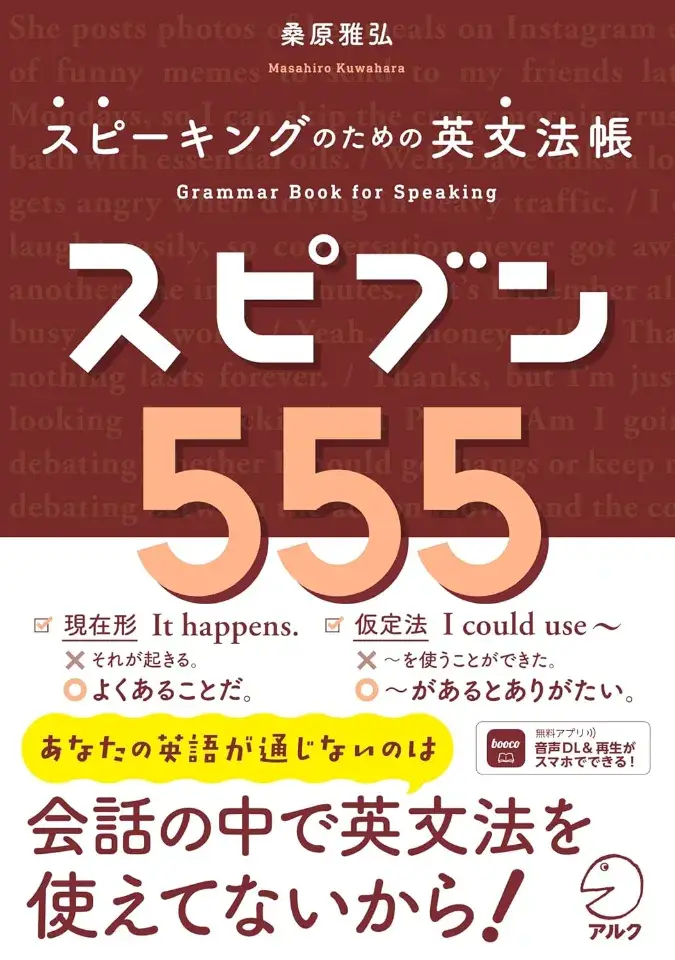
In Japanese, there’s more than one way to say “I understand.” Which phrase you choose depends on the situation — polite at work, casual with friends or playful online. In this guide, you’ll learn common variations so that you’ll be able to pick the right one every time.
This article is based on a video by Fun Fun Nihongo, our Japanese learning content series.
Polite Expressions
When talking to your boss, clients or anyone else you need to show respect to, use these:
分かりました。(Wakarimashita.)
I understand. / I see.*
This is the most standard polite response. It works in business settings, at school or anytime you need to sound respectful but not overly formal. Note that it is not used in the present tense in Japanese.
承知しました。(Shouchi shimashita.)
Understood.
A very polite phrase, often used in professional contexts, such as with your boss or clients. It signals that you have received and accepted instructions.
かしこまりました。(Kashikomarimashita.)
Certainly.
This is one of the highest levels of politeness. You’ll often hear it in customer service, especially in shops, hotels, or restaurants, when staff reply to customers.
Casual Expressions
These are safe for most daily conversations:
分かった。(Wakatta.)
Got it.
A simple, direct response among friends, family or people of equal status. Short and natural.
了解です。(Ryoukai desu.)
Got it. / Roger that.
A casual but polite way to confirm understanding. It works in everyday conversations, including with colleagues, but is less formal than the aforementioned 承知しました.
OKです。(Okkē desu.)
OK. / Sounds good.
Borrowed from English, this phrase is light and casual. It’s a safe choice for agreeing with friends or co-workers, and it is even used in semiformal situations.
Slang and Shortened Forms
Trendy, playful and used mostly in texts or online:
おけ。 (Oke.)
OK.
A shortened form of OKです. Very casual and youthful. Common in text messages, LINE chats or online gaming.
り。(Ri.)
Got it.
An even shorter version of ryoukai. It’s like replying with just “k” in English. Used only among close friends or in casual online chats.
Quick Tip
Be careful! Using おけ or り at work can sound rude. Stick to polite versions like かしこまりました or 承知しました in business situations. Save the short slang for LINE chats with friends.
Follow Us on Social Media
Want more fun Japanese learning content? We post weekly videos, quizzes and cultural tips across multiple platforms!






